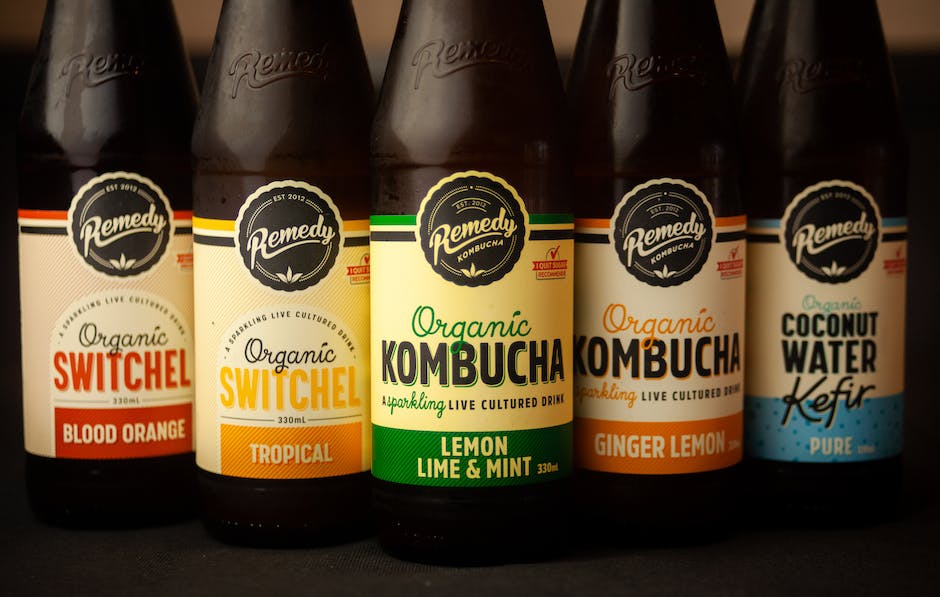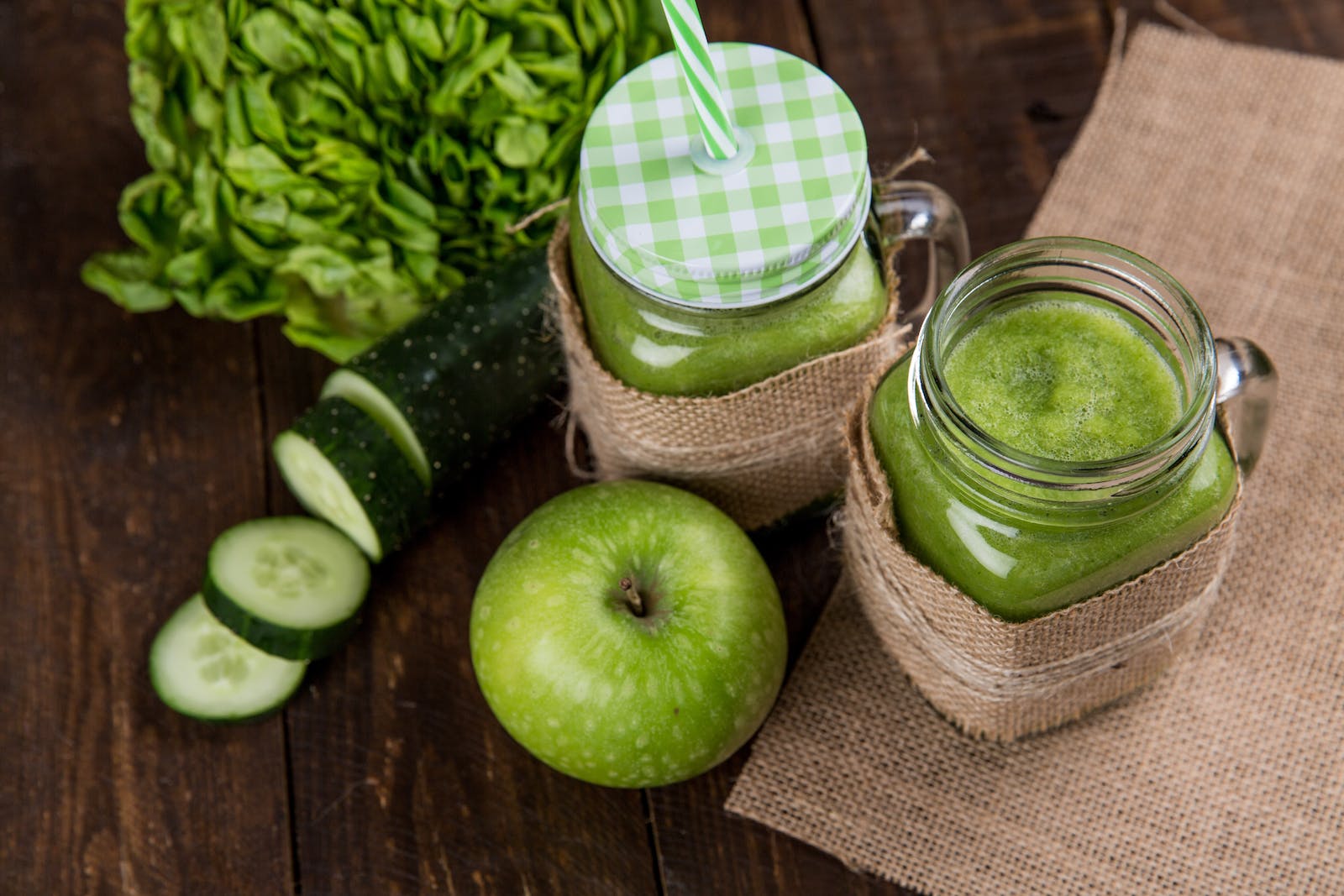The Pros and Cons of Kombucha: What You Need to Know
Exploring the Benefits and Drawbacks of Kombucha Consumption
Kombucha, a fermented tea drink, has gained popularity in recent years due to its potential health benefits. Made from tea, sugar, bacteria, and yeast, kombucha is known for its probiotic properties and is believed to aid digestion and boost the immune system. However, along with its potential advantages, there are also drawbacks and potential risks associated with its consumption. In this article, we will explore the pros and cons of drinking kombucha to help you make an informed decision about adding this beverage to your diet.
Before you take your next sip of kombucha, it's important to consider both the positive and negative aspects of this trendy beverage. From its potential health benefits to the possible risks, understanding the pros and cons of kombucha can help you determine whether it's the right choice for you. Let's take a closer look at the advantages and disadvantages of incorporating kombucha into your daily routine.
Pros
Discover the amazing advantages of including kombucha in your diet. From improved gut health to increased energy levels, this trendy beverage offers a range of potential benefits.
Immune System Support
Probiotics in kombucha could potentially boost the immune system by helping the body fight off infections and illnesses. A healthy gut is often associated with better immune function.
Detoxification Properties
Some proponents believe that the antioxidants and enzymes in kombucha may aid in detoxifying the body, helping to rid it of harmful substances and promoting overall wellness.
Potential Weight Management Aid
While more research is needed, some studies suggest that the acetic acid in kombucha could aid in weight management by promoting satiety and reducing fat accumulation.
Rich in Antioxidants
Antioxidants help protect the body from oxidative stress and damage caused by free radicals. Kombucha contains various antioxidants, which may offer protective effects.
Improved Energy Levels
Consuming kombucha may lead to improved energy levels due to its B-vitamin content. B-vitamins are essential for energy production in the body, and kombucha made from black or green tea can be a natural source of these nutrients.
Potential Cancer-Fighting Properties
Some studies have suggested that the antioxidants and polyphenols present in kombucha may have anti-cancer properties. While more research is needed, the potential for kombucha to contribute to cancer prevention is an intriguing area of study.
Enhanced Gut Health
Kombucha is rich in probiotics, which are beneficial bacteria known for promoting a healthy gut microbiome. Consuming probiotics may help improve digestion, reduce inflammation, and support overall gut health.
Missing a pro?
Let us know which pro you are missing!
Cons
Despite its potential benefits, kombucha also has its drawbacks and potential risks. It's essential to be aware of the possible downsides before making it a regular part of your diet.
Acidic Nature and Tooth Erosion
Kombucha is acidic, and regular consumption may contribute to dental erosion and enamel damage. It's important to drink it in moderation and rinse your mouth with water afterward.
Potential for Harmful Bacteria
The fermentation process of kombucha can sometimes lead to contamination with harmful bacteria and mold. This risk is higher in homemade brews that may not undergo proper sanitation.
Unintended Side Effects
Some individuals may experience adverse effects such as digestive issues, allergic reactions, or even alcohol-related symptoms due to the trace amounts of alcohol produced during fermentation.
Impact on Certain Health Conditions
People with compromised immune systems, pregnant women, and individuals with certain health conditions may need to exercise caution or consult a healthcare professional before consuming kombucha.
Regulatory Concerns
The production of kombucha is not heavily regulated, and commercially available products may vary in quality and safety standards. Consumers need to be cautious about the source and production practices.
Risk of Contamination During Home Brewing
One potential disadvantage of kombucha is the risk of contamination during the home brewing process. If proper sanitation and fermentation conditions are not maintained, harmful bacteria or mold can develop in the kombucha, leading to potential health risks.
Social and Ethical Concerns
The commercial production of kombucha has raised concerns about environmental impact and fair treatment of workers. Some mass-produced kombucha brands may have sustainability and labor practice issues, prompting consumers to consider the social and ethical implications of their kombucha choices.
Missing a con?
Let us know which con you are missing!
Conclusion
In conclusion, the decision to consume kombucha should be made after carefully weighing both its potential benefits and risks. While it offers probiotic advantages and antioxidant properties, there are also concerns about its acidic nature, risk of contamination, and potential side effects. If you decide to make kombucha a part of your routine, ensure that you choose reputable brands, practice moderation, and pay attention to any adverse reactions. It's always advisable to consult a healthcare professional, especially if you have any underlying health issues.
What do you think?
Do you think the pros outweigh the cons?







